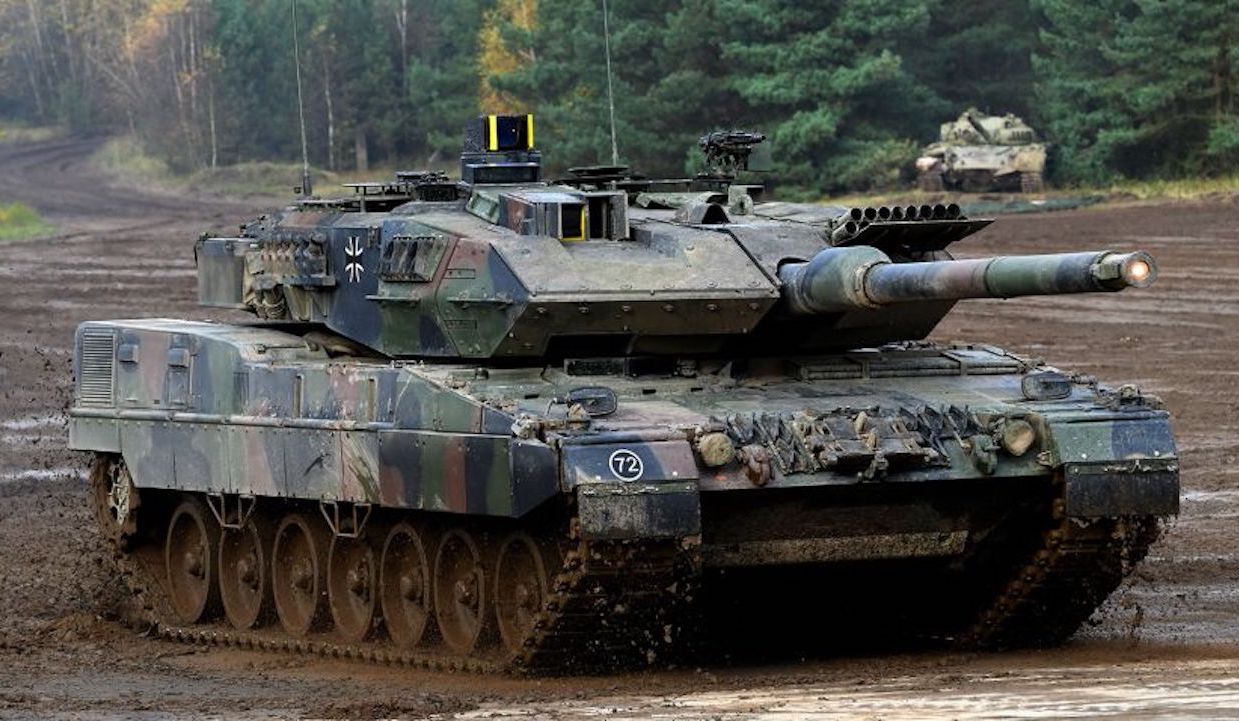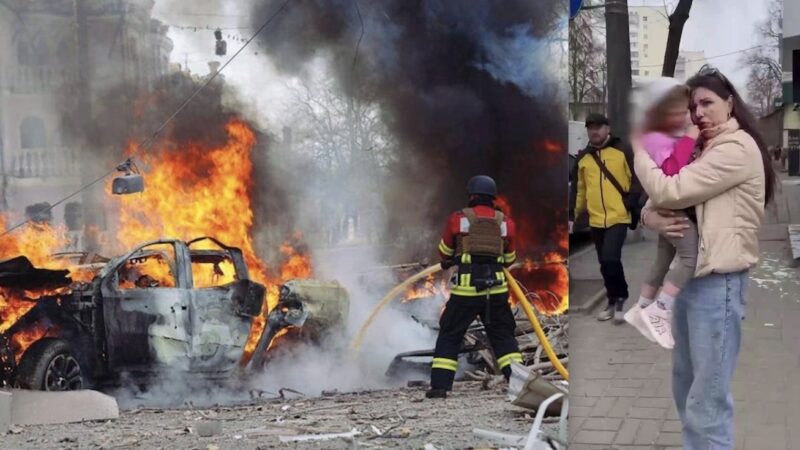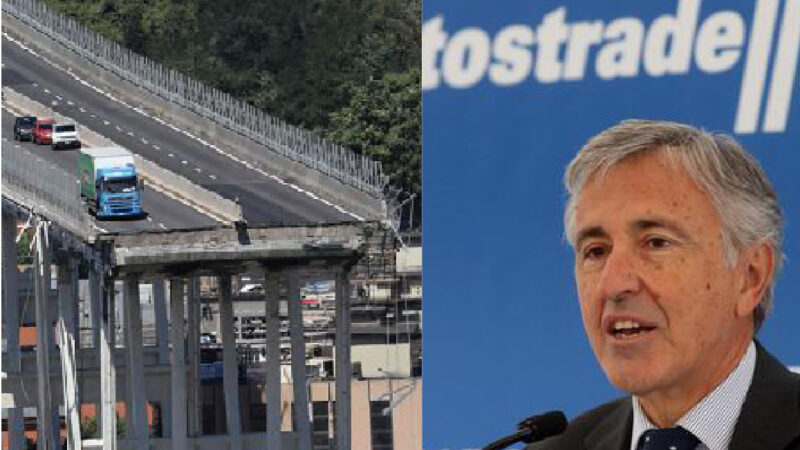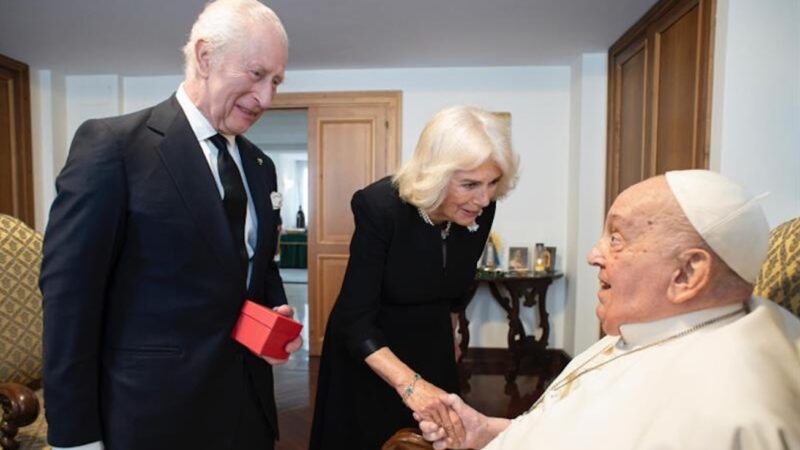WEAPONS LOBBY – 10. German Arms-Making Giant Flourishing amid Ukraine Crisis. But Berlin refused Supply of Cruise-Missiles

Introduction by Fabio Giuseppe Carlo Carisio
In previous articles we pointed out the huge business of Western Weapons Lobby that funded the CEPA plan to militarize Eastern Europe provoking one of the many reasons for the Russian military special operation in Ukraine.
Now the confirmation of our predictions comes from the German newspaper Welt as reported by Russia Today
Rheinmetall plans to launch a new production line due to a growing number of orders
Dusseldorf-based arms manufacturer Rheinmetall, Germany’s largest defense contractor, has recorded a surge in orders due to the conflict in Ukraine, Die Welt reported on Friday, citing company data.
According to the report, the company received 18% more orders in 2022 than the year prior. It is now planning to significantly increase production.
The report notes that the arms maker intends to launch a new munitions production line at the Rheinmetall plant in Lower Saxony in the near future and hire several hundred additional employees, aiming to increase its output capacity to the level of the 1980s at 600,000 rounds of ammunition per year.
https://www.gospanews.net/en/2023/06/29/us-announces-bomb-sale-to-nato-member-nation-of-the-secretary-general-who-is-toward-reconfirmation/
As noted by the news outlet, thousands of people are already working in three shifts at the facility in order to speed up work on current orders.
This reportedly includes maintenance and repairs of Marder infantry fighting vehicles, Leopard 2 tanks and Panzerhaubitze 2000 self-propelled artillery units, and ammunition for Ukraine.
Rheinmetall reportedly expects double-digit sales growth in the coming years. The company forecasts that Germany alone will have to buy €40 billion ($43.6 billion) worth of ammunition by 2031. Earlier this week, the German Bundeswehr placed its latest order with Rheinmetall for 367 protected and unprotected logistic vehicles worth around €285 million.
Another Infernal Day of War for Ukraine: Kiev’s Forces have lost 20 Tanks and over 1,000 Soldiers
Germany reportedly ranked sixth globally in weapons exports in 2022, with defense contractors enjoying order backlogs and soaring profits amid global rearming due to the conflict in Ukraine. According to estimates, Berlin approved arms exports totaling over €8.35 billion last year, the country’s second-highest figure ever, after an all-time high of €9.35 billion in 2021.
READ MORE: German arms business booming amid Ukraine crisis – Bloomberg
Rheinmetall earlier reported record €6.4 billion earnings for 2022, up by 27% from 2021, along with a record order backlog of €26.6 billion. In the first quarter of 2023, the company’s consolidated sales rose by roughly €97 million, or 7.6% year-on-year, to €1.4 billion. The backlog increased by 8% year-on-year to €28.2 billion.
Originally published by Russia Today
Scholz explains the Refusal of Kiev’s request for German-made cruise missiles
German Chancellor Olaf Scholz has said Berlin is reluctant to provide longer-range munitions to Kiev out of concern over a possible escalation should Ukraine decide to use them to strike Russian territory.
In a wide-ranging interview with the German state-TV channel ARD on Sunday, the chancellor was asked why Berlin refuses to supply Kiev with long-range cruise missiles.
“We carefully check all the requests we receive. But for us there is a principle that I share with the US president – we do not want the weapons we supply to be used to attack Russian territories,” Scholz told ARD moderator Tina Hassel.
Ukrainian President Vladimir Zelensky reportedly told Scholz during their meeting in Berlin back in May that Kiev “urgently wants” Swedish-German Taurus KEPD 350 missiles. The air-launched munition is armed with a 500kg warhead and can travel up to 500km (310 miles).
Over the course of the conflict, Ukraine has demanded increasingly sophisticated weapon systems from its Western backers. Kiev has intensified calls for NATO to supply it with fighter jets – specifically the US-made F-16 – in recent months, after securing a pledge for dozens of Leopard 2 and 1, M1 Abrams, and Challenger 2 main battle tanks from multiple EU countries, the US, and the UK.
Berlin has repeatedly stated that it has no intention of risking an escalation with Moscow by sending new types of weapons to Kiev alone, without prior coordination with other NATO partners.
Germany had for months resisted calls to “release the Leopards,” until Washington promised it would send some of its Abrams tanks too, sometime later this year. In June, German Defense Minister Boris Pistorius ruled out the idea of sending Taurus missiles in the foreseeable future.
So far only the UK has supplied Kiev with longer-range missiles. The Storm Shadow, which has a range of more than 250km, has already been used by Kiev to attack civilian facilities in the Russian city of Lugansk and elsewhere deep beyond the frontline in Donbass, according to the Russian military.
French President Emmanuel Macron followed suit with a promise his country will also provide Kiev with its variant of the Storm Shadow, called SCALP-EGs, although it remains unknown when they will be delivered.
Washington has yet to approve the supply of its long-range Army Tactical Missile Systems (ATACMS). Manufactured by Lockheed Martin, the MGM-140 ATACMS is a tactical ballistic missile with a range of up to 300km (190 miles). The missiles can be fired from the M270 MLRS or M142 HIMARS platforms, both of which the US has already given to Ukraine.
However, weeks into a much-touted Ukrainian counteroffensive which has thus far failed to yield any big gains, the Wall Street Journal reported last week that the decision to send ATACMS is now “pending approval at the highest levels.”
Originally published by Russia Today



